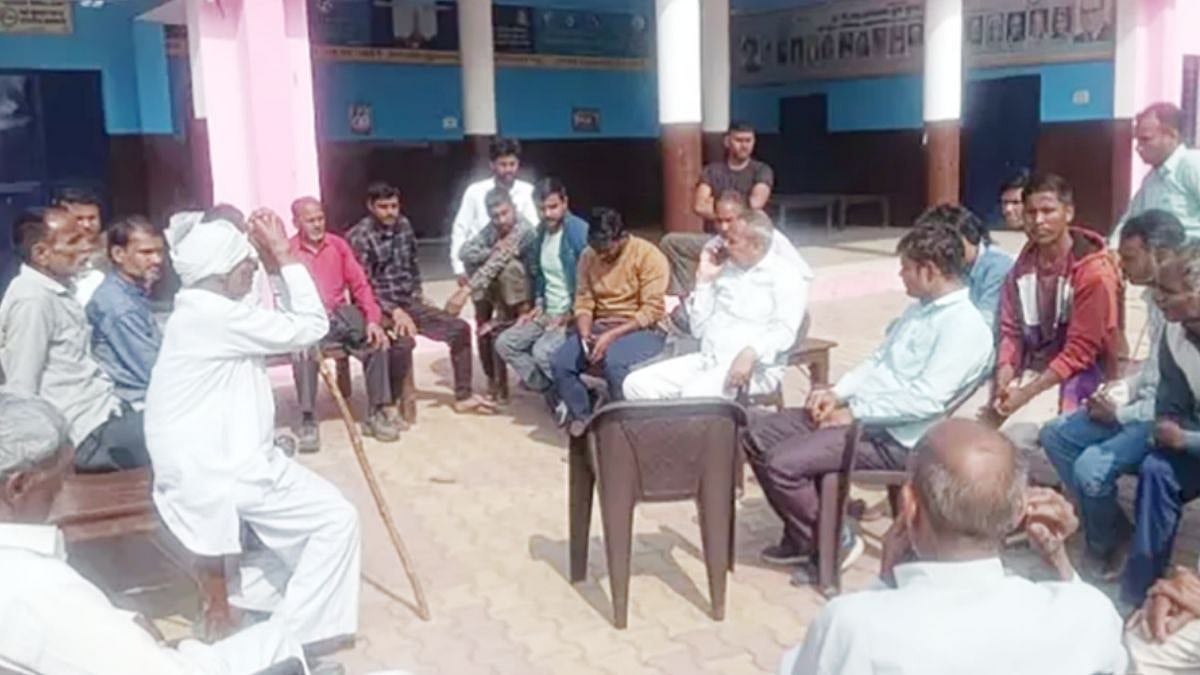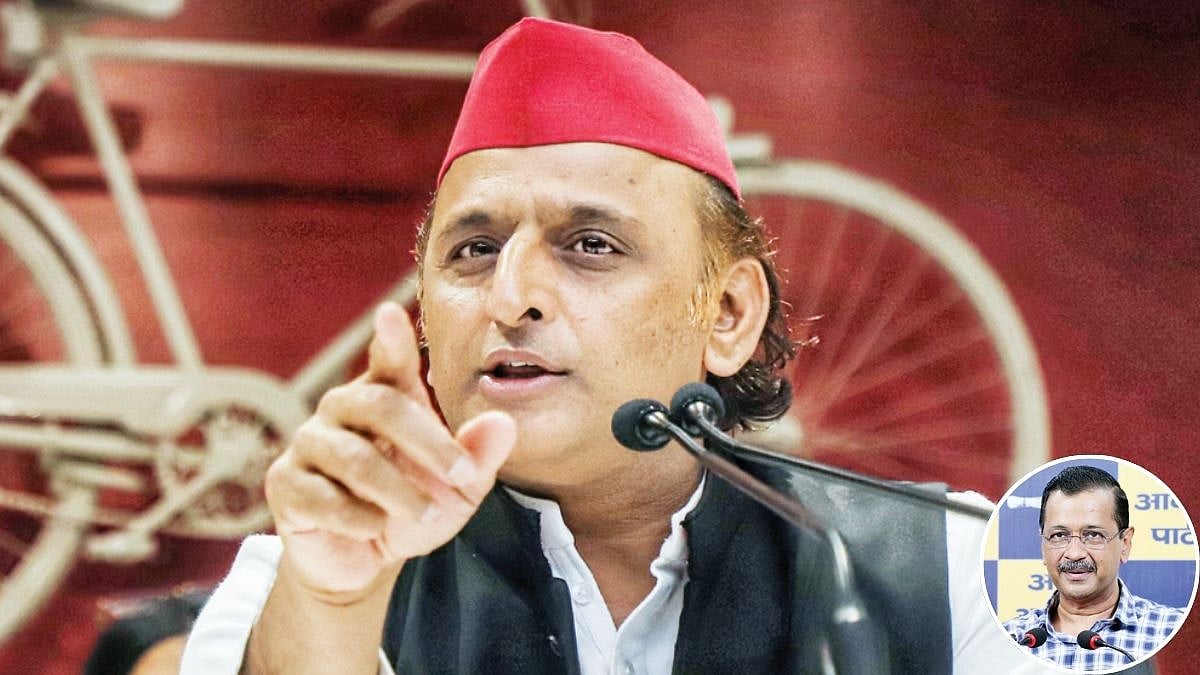Ashneer Grover, former co-founder and managing director of BharatPe, on Wednesday, January 31, criticised the Reserve Bank of India (RBI) for imposing additional curbs on Paytm Payments Bank "persistent non-compliances". In a post written on X (formerly Twitter), Ashneer Grover said the RBI does not want FinTech companies to grow. His reaction came after the RBI imposed a set of restrictions on Paytm Payments Bank starting February 29.
The RBI barred Paytm Payments Bank from accepting deposits into prepaid instruments, wallets and FASTags after February 29. However, it allowed the bank to credit interests, cashbacks and refunds. "I don’t understand RBI. Clearly RBI does not want FinTechs in business - of late all regulations/moves are against Fintechs. Such moves will kill the sector altogether (sic)," Grover commented on the news.
Seeking intervention of Finance Minister Nirmala Sitharaman and Prime Minister Narendra Modi, Grover said it is government's "doglapen" that it is "tom-Tom-Ing" UPI payment system to the world and "punishing" pioneers in the space. "Startups have been biggest creators of market cap and employment in last decade. Today IIM and IIT are struggling to place people - we as a country cannot afford such overreach," he added.
Ashneer Grover On RBI Action Against Paytm Payments Bank:
RBI Restrictions On Paytm Payments Bank:
Earlier today, the RBI said Paytm Payments Bank cannot accept deposits or allow credit transactions, or top-ups, in customer accounts or prepaid instruments - such as wallets and FASTags - linked to those accounts, after February 29. However, customers will be allowed to use balances from their accounts, including savings and current, prepaid instruments, FASTags, National Common Mobility Cards, etc. up to their available limit.
In March 2022, Paytm Payments Bank Ltd had been ordered by the RBI to stop onboarding of new customers with immediate effect. The additional restrictions on Paytm Payments have been imposed due to "persistent non-compliances and continued material supervisory concerns in the bank", said the RBI.





